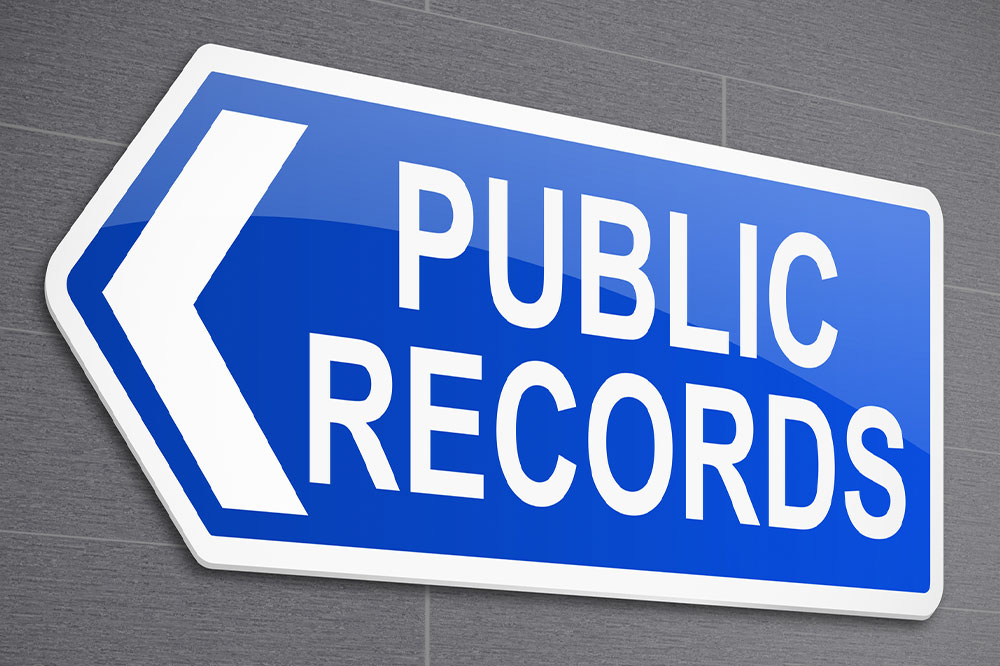Essential Overview of Public Records You Should Know
This article provides an overview of essential public records, including census, criminal, legal, and voter registration data. Understanding these records helps citizens stay informed about safety, legal matters, and civic participation. The guide emphasizes the importance of public access for transparency and community safety, offering insights for research and awareness. It also highlights the role of these records in promoting trust and accountability within society. Useful for anyone interested in legal, civic, or governmental information, ensuring informed citizenry and enhancing community safety.

Essential Overview of Public Records You Should Know
Public records are accessible documents stored publicly for research and informational use. They are categorized based on their confidentiality and purpose. This guide highlights various types of public records and their significance.
Census Records: These records track demographic data such as births and deaths. They are useful for statistical analysis and genealogical research, helping individuals trace family lineages and origins based on available information.
Criminal Records: Data related to offenders, including sex offenders and repeat criminals, are publicly available to inform citizens about potential safety risks. Accessing these records helps communities stay vigilant and protects public safety.
Consumer Rights Information: Public databases provide details on product recalls, safety warnings, and harmful substances. These resources promote fair trade practices and safeguard consumers from unsafe products.
Court and Legal Documentation: Available as case dockets, these legal records assist in research and law enforcement, providing information on ongoing and past cases.
Meeting Minutes: Detailed summaries of meetings, including discussions, attendee lists, and decisions, are publicly accessible. They offer transparency and serve as references for future actions.
Voter Registration Records: Lists of registered voters are maintained to ensure legal voting processes for federal, state, and local elections. Public access supports electoral transparency.
This information helps citizens stay informed and enables authorities to uphold law and order effectively.










